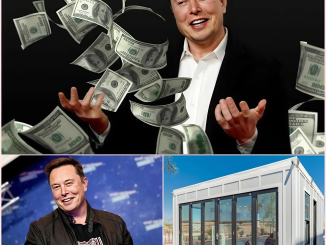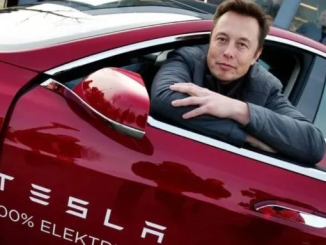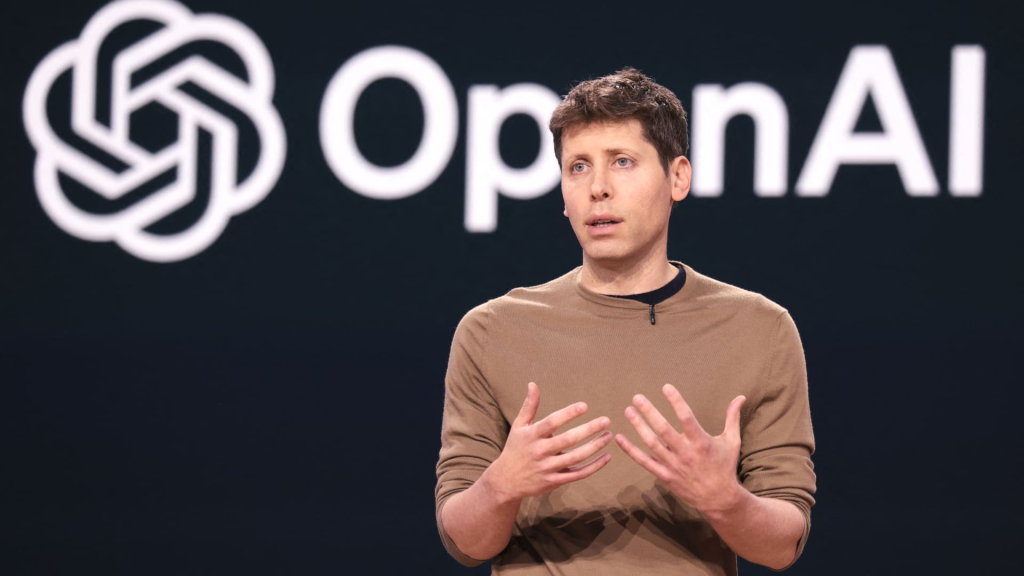
In a stunning legal escalation that underscores the intensifying tensions within the AI industry, OpenAI filed a countersuit against Elon Musk on Wednesday, accusing the billionaire entrepreneur of engaging in a “pattern of harassment” and acting out of bitterness over the AI firm’s success without him. OpenAI’s bold legal maneuver is aimed at protecting its future as it transitions into a for-profit model—a move critical to its ongoing $40 billion fundraising efforts.Filed in the U.S. District Court for the Northern District of California, OpenAI’s counterclaim describes Musk’s behavior as an orchestrated campaign of sabotage against the company he helped co-found in 2015 but ultimately abandoned before it ascended to become a powerhouse in artificial intelligence.The case centers around a fundamental clash of vision and control. Musk was once a driving force behind OpenAI’s founding principles, which were rooted in the pursuit of safe and open artificial general intelligence (AGI) for the benefit of humanity.But he left the organization in 2018, after reportedly clashing with leadership over strategy, governance, and a proposal that he take control of the company.
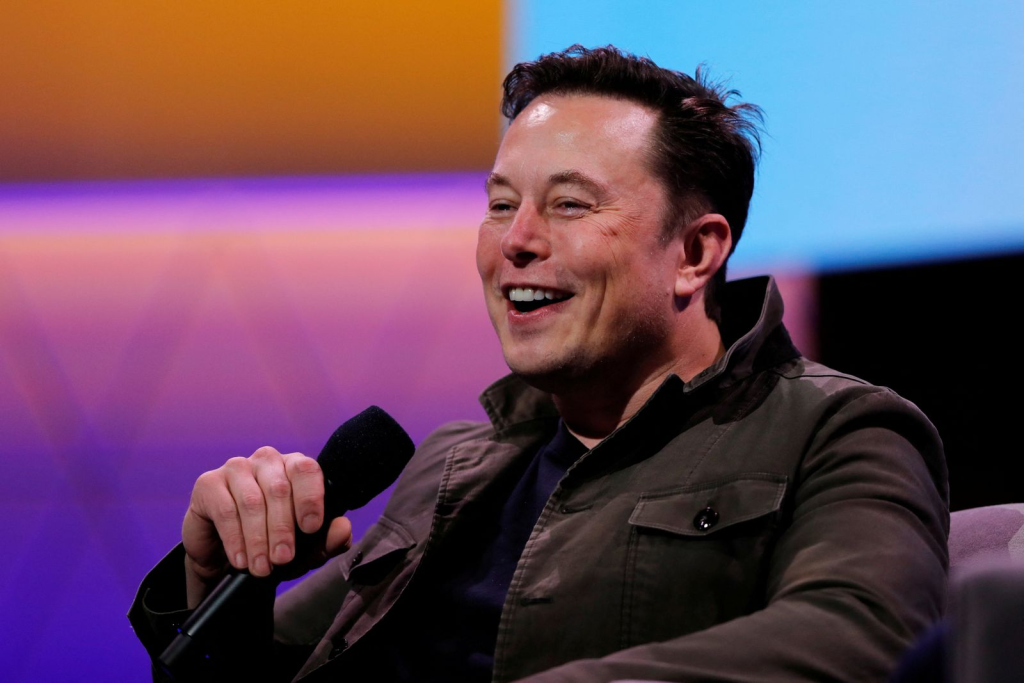
Fast forward to 2023: Musk launched his own AI venture, xAI, and since then has aggressively criticized OpenAI’s shift toward commercialization, culminating in a lawsuit filed earlier this year where Musk accuses OpenAI of abandoning its nonprofit mission in favor of financial gain.But OpenAI’s countersuit flips that narrative on its head.“Musk could not tolerate seeing such success for an enterprise he had abandoned and declared doomed,” the company wrote in the new filing. “He made it his project to take down OpenAI, and to build a direct competitor that would seize the technological lead—not for humanity but for Elon Musk.”According to OpenAI, Musk’s relentless attacks have moved well beyond healthy criticism. The countersuit accuses him of malicious intent and deliberate attempts to derail OpenAI’s operations, citing examples ranging from social media campaigns to aggressive legal tactics and even a “sham bid” to acquire the company’s assets.At the heart of the dispute lies OpenAI’s ongoing transition from a nonprofit organization to a for-profit capped entity—a necessary step, the company argues, to secure the massive capital needed to remain competitive in the global AI arms race.
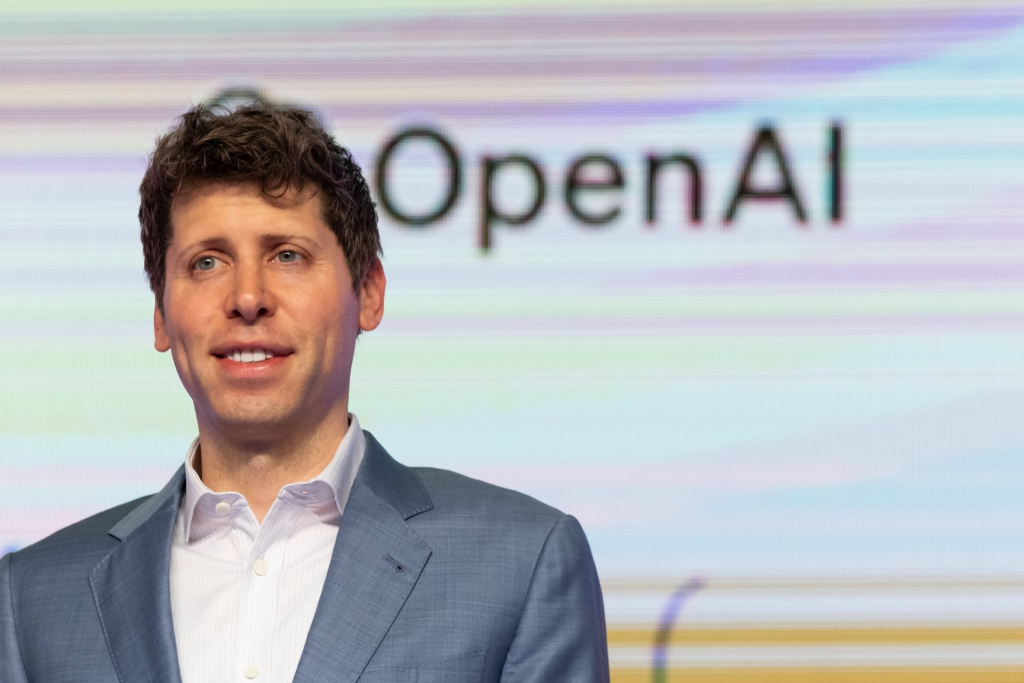
According to court documents, OpenAI is in the process of closing a $40 billion fundraising round, with a deadline looming at the end of the year. That transition requires regulatory clarity and investor confidence—both of which could be jeopardized by Musk’s actions.OpenAI’s leadership, including CEO Sam Altman, has remained adamant that the firm is not for sale, having recently rejected a Musk-led $97.4 billion unsolicited takeover bid with a curt “no thank you.” The offer was widely interpreted as both a power move and a provocation.“Elon’s nonstop actions against us are just bad-faith tactics to slow down OpenAI and seize control of the leading AI innovations for his personal benefit,” the company said in a statement posted to X (formerly Twitter). “Today, we counter-sued to stop him.”The company’s legal filing seeks not only an injunction to prevent Musk from taking “any further unlawful and unfair action” but also asks the court to hold him accountable for “the damage he has already caused.”

OpenAI’s countersuit paints a damning portrait of Musk’s multi-pronged offensive against the firm. The filing lists a series of disruptive actions, including:Coordinated press attacks and public criticisms broadcast to Musk’s 200 million+ followers on X, the social media platform he now owns.Pretextual demands for corporate records, perceived by OpenAI as attempts to gain leverage or uncover exploitable weaknesses.Harassing legal claims, including the original lawsuit Musk filed earlier this year accusing OpenAI of mission drift.A “sham bid” for OpenAI’s assets, which the company claims was never intended as a serious acquisition attempt but rather a destabilizing tactic.These actions, OpenAI contends, are designed not to correct any genuine breach of principles, but to extract control and retaliate against a company Musk no longer leads.In the countersuit, OpenAI urges the court to see through Musk’s motivations, stating that his legal and public pressure campaign is about “reclaiming dominance” in a sector where he was once an early mover but is no longer the undisputed leader.
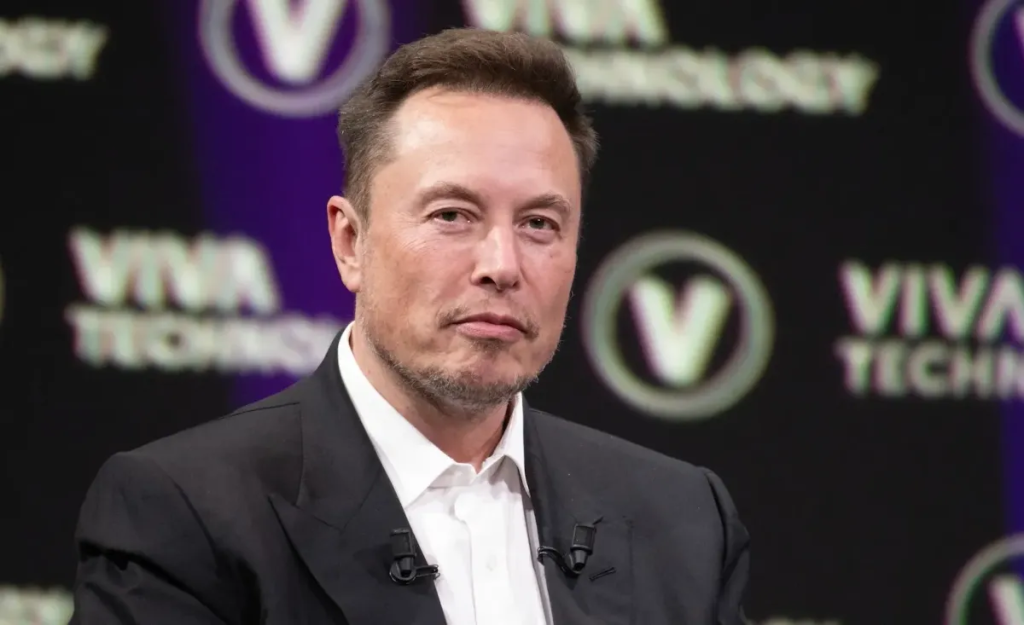
The legal battle comes at a critical juncture for the AI industry. Global demand for advanced AI tools is exploding, driven by the commercial success of generative AI systems like OpenAI’s ChatGPT and the increasing integration of large language models (LLMs) into enterprise workflows.But the industry is also undergoing a rapid consolidation of power. Leading firms are racing to secure GPU infrastructure, top-tier talent, and multi-billion-dollar capital infusions. OpenAI’s transition to a for-profit entity, while controversial to some AI ethicists, is also seen by many investors and technologists as a necessary evolution to compete with rivals like Google DeepMind, Anthropic, and Musk’s own xAI.Legal experts say the outcome of the OpenAI v. Musk case could set precedent for governance disputes in fast-scaling tech companies—particularly those that straddle the blurry line between nonprofit ideals and commercial reality.“This is more than just a personality conflict or a boardroom grudge match,” said Anita Desai, a corporate law professor at Stanford University. “It’s a legal battle over how organizations founded on open-source, nonprofit principles can or should evolve in response to market dynamics. And it’s happening in one of the most consequential industries of our time.”
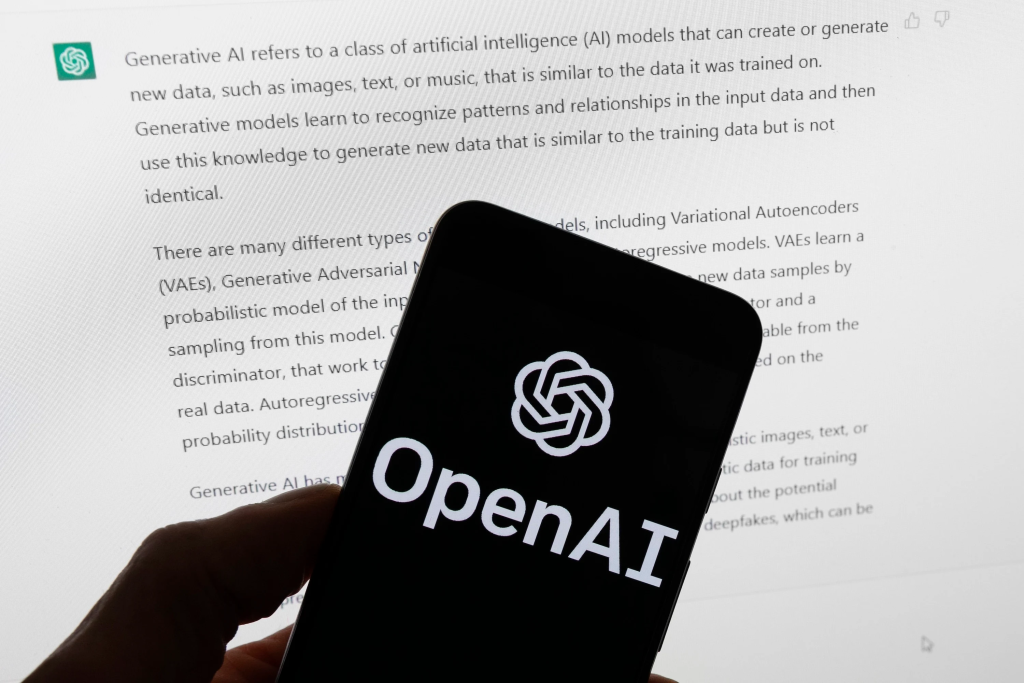
A jury trial has been scheduled for spring 2026, giving both parties ample time to prepare and potentially escalate tensions further. If the trial proceeds, it could become one of the most high-profile corporate litigation events in recent memory—placing Silicon Valley’s tech elite, legal framework, and ethical contradictions all under one legal spotlight.For now, the countersuit marks OpenAI’s most aggressive pushback yet against a man who once shared its founding vision. It is also a clear signal that the company is willing to fight not just for its commercial future, but also for control over its narrative.As of this writing, Musk’s legal team has not responded to requests for comment.Whether this ends in a court ruling or a high-stakes settlement, one thing is certain: the future of AI—along with billions in capital, innovation pathways, and leadership prestige—is now entangled in a courtroom drama that only Silicon Valley could produce.
